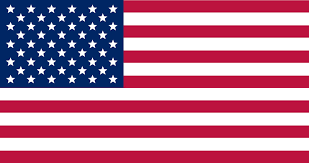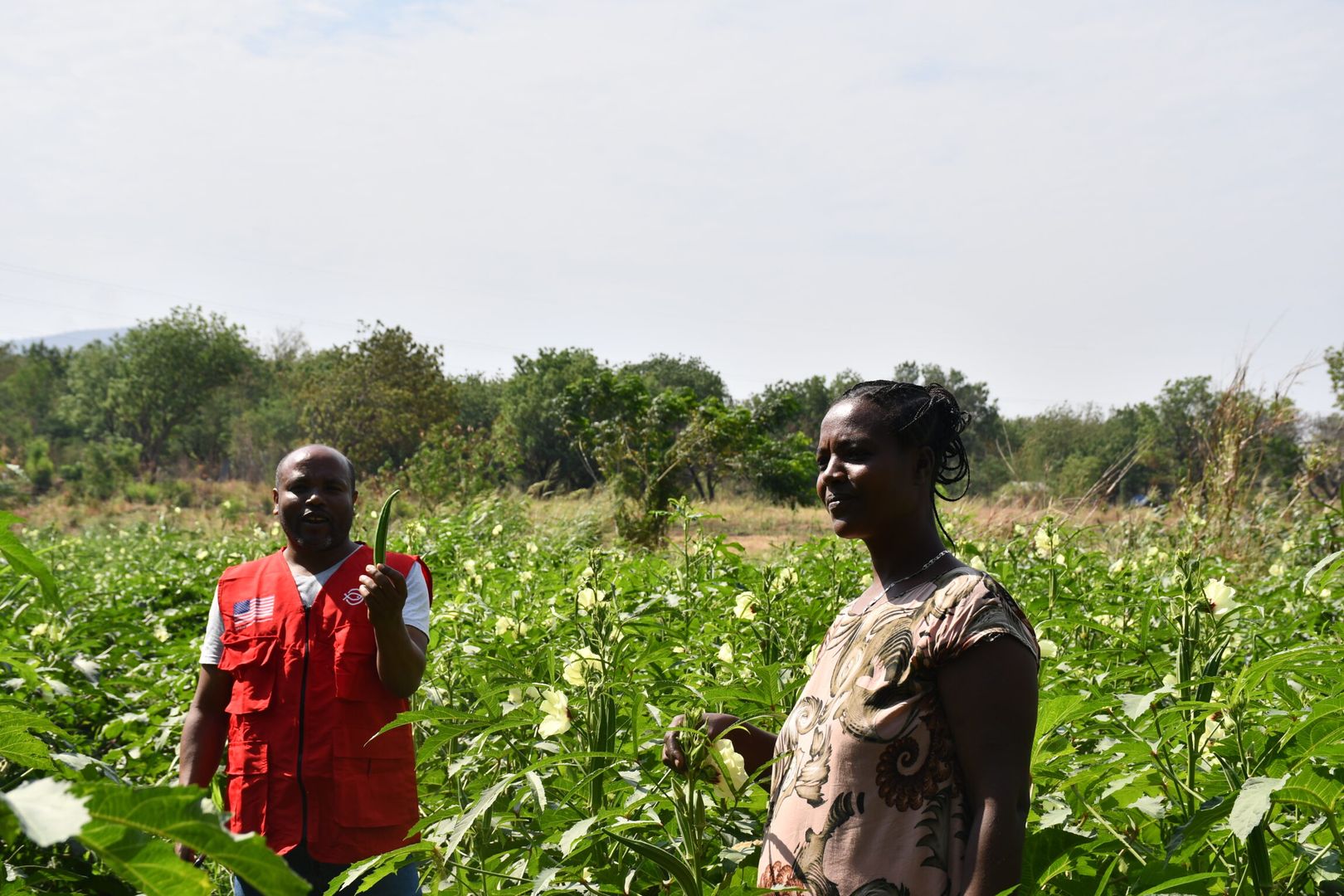“The knowledge and skills I’ve gained allowed me to secure a sustainable income, improve my family’s life, and inspire others to embrace agriculture as a path to success,” says Fathia.
Thanks to the irrigation system DCA has built on the Baro River of the Gambella region in 2022, now in 2024, farmers in Bonga Kebele are growing crops for cash. Fethia Aliy, a 27-year-old woman residing in Bonga Kebele is one of the individualls who have been supported with agricultural inputs such as farming equipment and capacity building on irrigation farming skills and water management techniques.
Fethia’s initial struggles in agriculture were evident. Her small plot, located far from her home, yielded limited produce due to a lack of knowledge, resources, and proper tools. “Managing my farm was incredibly difficult, even though it was a very small plot of land. It wasn’t productive at all,” recalls Fethia
Empowering farmers with resources and knowledge
Through a US funded project focusing on helping Eritrean refugees and displaced Ethiopians in Afar Region and South Sudanese refugees and the communities hosting them in Gambella Region, Fethia and 64 others gained access to valuable technical knowledge regarding climate-smart agricultural practices such as growing a diverse variety of crops and conserving water, as well as seeds including tomato, okra, molaki, pumpkin, peanut, maize, and sorghum. Additionally, they received essential agricultural tools such as flat hoe, three-figure hoe, pickaxe, shovel, and water can, enabling them to effectively manage their farming activities.
About the Project
Fathia is a beneficiary of the Integrated multi-sectoral humanitarian response for Eritrean refugees and IDPs in Afar Region and food security and economic empowerment for South Sudanese refugees and host communities in Gambella Region project.
Period: 22 September 2023 – 21 September 2024
Donor: Bureau of Population, Refugees, and Migration (US Government)
Amout: 2,000,000 USD

Using this support as a momentum, Fathia cultivated tomatoes, okra and maize on a plot that is a quarter of a hectar, all of which yielded remarkable results. DCA’s continued to support Fathia by creating market linkage with fresh food vendors, ensuring her produce reached fresh food consumers in Kule and Nguenyyiel refuge camps.
Motivated by her entrepreneurial drive and goal to increase productivity, Fethia decided to take a daring move. She signed agreements with 6 nearby irrigation farmers to cultivate an extra 1.5 hectares of land, agreeing to share profits after covering expenses. This collaboration involved sharing the land and profits, boosting her potential yield. She also hired 6 skilled young laborers, ensuring not only her own success but also providing others with a source of income and a platform to utilize their skills. Fethia’s efforts resulted in harvests at least three times a year. DCA’s technical support continues untill the end of the project, providing guidance on crop rotation, drought-resistant cash crops, and sustainable land and water management practices.
“I feel confident that I can manage my farm independently now”Fethia – farmer who received training through DCA
Looking forward: A sustainable future
Fathia is actively working on her farm, expecting another bountiful harvest. Her skills extend even beyond farming! Following her water management training, she has become a valuable member of the water management committee, taking responsibility for operating the irrigation system’s powerhouse. The financial security she achieved through her farm has allowed her to invest in a 6-room house, generating a monthly rental income, significantly contributing to her household’s financial stability.

Alongside her farming activities, Fathia plans to buy tuk-tuks (three-legged light vehicles) and enter the public transportation business.

